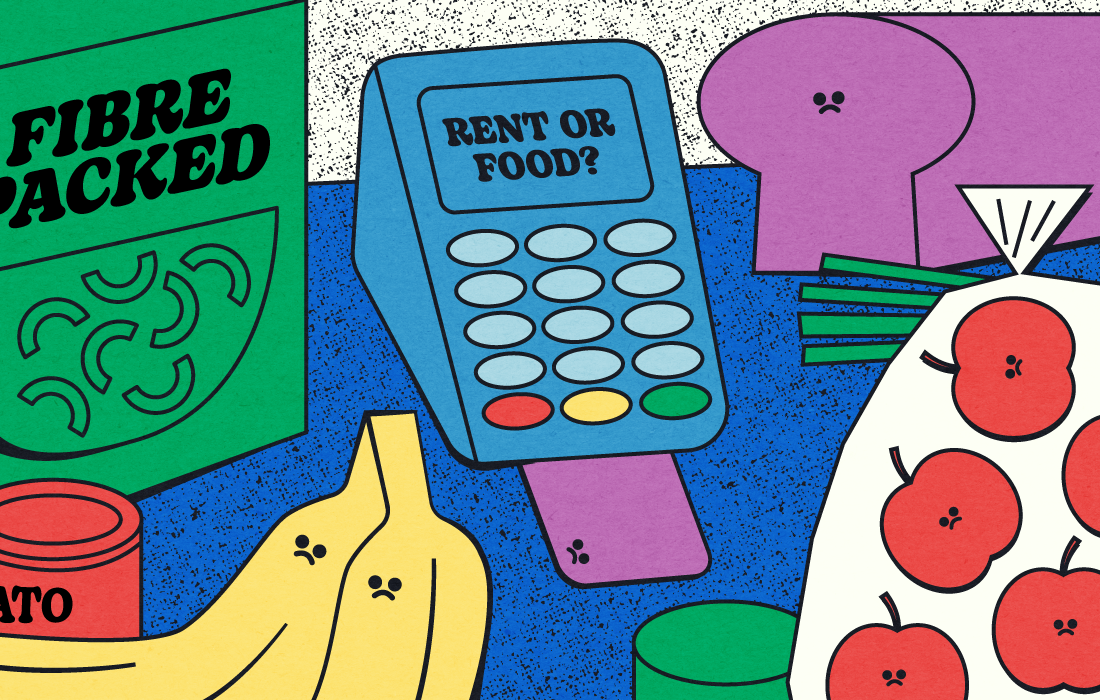
As a full-time student who works not one, but two part-time jobs, I speak from experience when I say that minimum wage in Saskatchewan is simply not enough.
I’m not the only one who knows this truth either.
There are many people, fellow students included, who struggle to pay the bills and put food on the table for themselves and their families. The bottom line is that every person should earn a living wage — the income necessary for a basic level of financial security.
It’s important to point out that while most Canadians earning minimum wage do not live in low-income households, it’s not because minimum wage is enough to cover their living costs. Rather, it’s because minimum wage earners are typically not the primary or sole earners within their households.
According to one study, 80.6 per cent of minimum wage earners across Canada are financially dependent on family members or a spouse.
So if a person working a minimum wage job can’t avoid low-income status without the financial assistance of somebody else, then minimum wage is clearly not a living wage.
At $11.81 per hour, Saskatchewan currently has the second lowest minimum wage in the country. Even after the most recent 36 cent increase in October, many low-income earners in the province are still struggling to afford the basics — a problem that is only exacerbated by the COVID-19 pandemic.
The Canadian Centre for Policy Alternatives has determined that the living wage for someone living in Regina is $16.46 per hour. By this measure, Saskatchewan’s minimum wage falls more than $4 short of the standard set by the CCPA.
And many people in Saskatchewan experience this living wage gap. Approximately 20 per cent of workers in our province — roughly 96,000 people — earn less than $15 per hour.
And before you make any assumptions, most of these workers are not teenagers living at home. In reality, 76 per cent of those in Saskatchewan making less than $15 per hour are adults living paycheque-to-paycheque.
So, what exactly are the effects of a low minimum wage?
For starters, almost one in seven Canadians has experienced food insecurity during the pandemic, and this hits closer to home then you may think. According to a recent survey, 40 per cent of students at the U of S are food insecure.
This is not surprising considering that after tuition and rent are paid, a student’s remaining budget for food is minimal. For many, food is an afterthought, and when presented with the awful choice of paying rent or buying groceries, rent is almost always the first bill paid.
The link between minimum wage and food insecurity is even clearer when considering that a Canadian household has a five per cent decrease in its chances of experiencing food insecurity for every dollar increase in minimum wage.
Many opponents of raising the minimum wage, however, argue that doing so would result in inflation and a higher unemployment rate, thus resulting in increased poverty.
But that’s not entirely true.
While past increases in minimum wage — including Saskatchewan’s 13 cent increase in 2020 — have not resulted in a reduction in the poverty rate, it’s not because raising the minimum wage does more harm than good. Rather, it’s because Saskatchewan’s minimum wage has been set so below the poverty line that inconsequential increases are still not enough to make a difference.
Simply put, minimum wage is not enough in Saskatchewan, and whatever wage increases are happening are not keeping up with the rapidly rising costs of living.
If minimum wage is what it’s called, then it should allow an individual to comfortably afford the very minimum — food and housing.
—
This op-ed was written by a University of Saskatchewan undergraduate student and reflects the views and opinions of the writer. If you would like to write a reply, please email opinions@thesheaf.com. Jakob is a third-year undergraduate student studying physiology and pharmacology, and the staff writer at The Sheaf Publishing Society.
Graphic: Jaymie Stachyruk | Graphics Editor
Leave a Reply